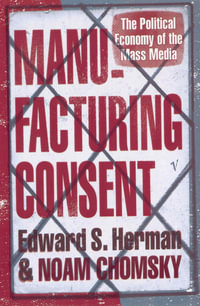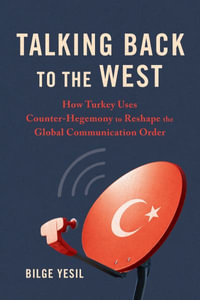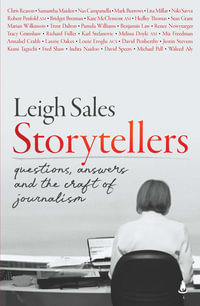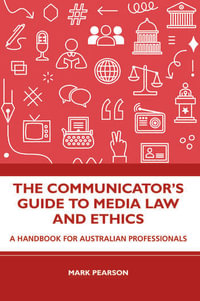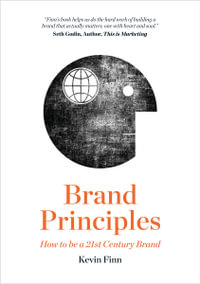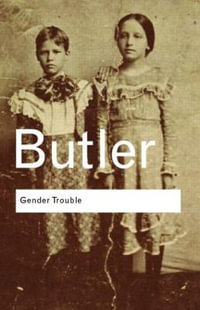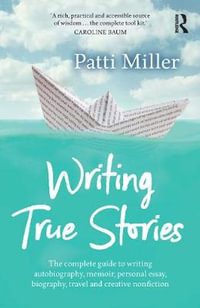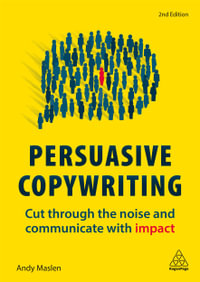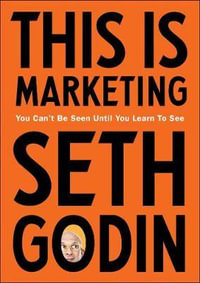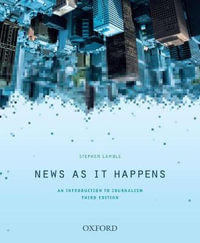In this account of the growth of newspapers in modern, industrial society, Helen Hughes traces the development of a mass audience through analysis of the origins of the human interest story in the popular ballads of an earlier day. She shows how such commonly found interests as a taste for news of the town, ordinary gossip, and moving or gripping tales with a legendary or mythic quality have reflected the tastes of ordinary folk from the days of illiterate audiences to the present. She explains how these interests ultimately were combined with practical economic and political information to create the substance and demand for a popular press.
In describing the rise and fall of newspaper empires, each with their special readership attractions, Hughes shows how technological innovation and idiosyncratic creativity were used by owners to capture and hold a reading audience. Once this audience developed, it could be fed a variety of messages-beamed at reinforcing and maintaining both general and specific publics-as well as a view of the world consonant with that of the publisher and major advertisers. Hughes offers a persuasive argument for the continuing viability of this method for combined social control, instruction, and amusement captured by the association of news and the human interest story.
Industry Reviews
-There is not an intelligent newspaper reader in the country who would not be made more intelligent by reading this book, and even some of the unintelligent might be made a little less so.- --Christian Century -Where others have spoken of the degradation of an honorable institution, she evaluates the changes in the newspaper as natural and significant. This interesting, sociological approach is a real contribution.- --M.M. Willey, Annals of the American Academy of Political and Social Science -Hughes has traced out the origin of the human interest story, and since she knows the smell peculiar to the city room, gives an excellent and well-written account of its gradual emergence into a place of prominence in our contemporary daily newspapers.- --j.P. Shalloo, American Sociological Review "There is not an intelligent newspaper reader in the country who would not be made more intelligent by reading this book, and even some of the unintelligent might be made a little less so." --Christian Century "Where others have spoken of the degradation of an honorable institution, she evaluates the changes in the newspaper as natural and significant. This interesting, sociological approach is a real contribution." --M.M. Willey, Annals of the American Academy of Political and Social Science "Hughes has traced out the origin of the human interest story, and since she knows the smell peculiar to the city room, gives an excellent and well-written account of its gradual emergence into a place of prominence in our contemporary daily newspapers." --j.P. Shalloo, American Sociological Review "There is not an intelligent newspaper reader in the country who would not be made more intelligent by reading this book, and even some of the unintelligent might be made a little less so." --Christian Century "Where others have spoken of the degradation of an honorable institution, she evaluates the changes in the newspaper as natural and significant. This interesting, sociological approach is a real contribution." --M.M. Willey, Annals of the American Academy of Political and Social Science "Hughes has traced out the origin of the human interest story, and since she knows the smell peculiar to the city room, gives an excellent and well-written account of its gradual emergence into a place of prominence in our contemporary daily newspapers." --j.P. Shalloo, American Sociological Review



